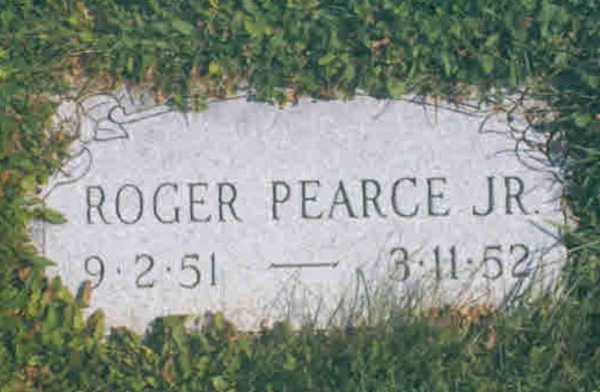Lawsuits challenge 'Made in USA' label
Consumer lawsuits based on a California law are challenging “Made in USA” labels.
The California law is even stricter than the Federal Trade Commission guidelines, which say the “Made in USA” label can be used on goods that are “all or virtually all” made domestically, the Wall Street Journal (sub. req.) reports. Some companies have interpreted the guidelines to allow the “Made in the USA” label if at least 70 percent of a product is made in the United States.
That standard is too lenient for one of the lawyers bringing the suits, John Donboli of San Diego. He compares California’s law to kosher hot dogs. “I think there are some things where it just makes sense to stick to a 100 percent standard,” he told the Wall Street Journal. “Otherwise, why even bother?”
He says a change in labeling can bring a company in compliance.
One of the companies sued by Donboli is Lifetime Products, which makes basketball hoops in Utah, though it imports the nets and some bolts. It settled a class action targeting that product, along with another basketball system that also used imported shock absorbers. The company settled with an agreement to pay $325,000 to charity, $8,000 to the two name plaintiffs, and $485,000 to the plaintiffs’ lawyers. Lifetime also gave discounts to repeat buyers of its equipment.
Now Lifetime is careful in its labeling. The company’s plastic folding chairs contain eight rivets that are imported, but otherwise the product is made here. The label reads: “Made in the USA from US and imported parts.”



